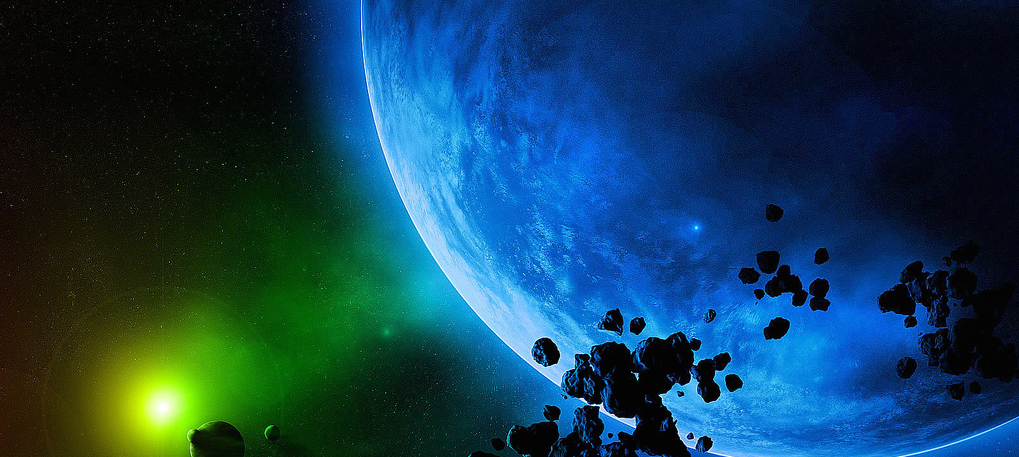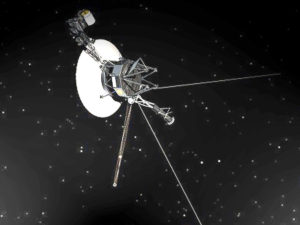
By Megan AM
Despite the many words I’ve spent on reviews, nothing better conveys my feelings about a shortlist than a good old-fashioned ranked list.
Here is how I feel about things today (and by today, I mean one month ago when I wrote this. Things might have changed by the time you read this.)
The Clarke The Sharke
The Underground Railroad Infinite Ground
Central Station The Underground Railroad
After Atlas The Arrival of Missives
Ninefox Gambit Central Station
A Closed and Common Orbit A Field Guide to Reality
Occupy Me The Power
*
The Clarke list is easier to rank.
Of all the six Clarke-listed novels, The Underground Railroad best does what I think a Clarke-winning novel should do. It has Handmaid’s Potential: it employs the tools of science fiction (anachronistic technology and alternate settings and timelines) to examine and illuminate the present reality, and will make more sense to people of the future than it does right now because we are too embedded in the system that it critiques. It’s the only novel on the list that I think will be remembered and still considered important in twenty years.
Some might be surprised to see that I’ve ranked A Closed and Common Orbit above Occupy Me, but at least ACACO does what it sets out to do—which is very little—while Occupy Me just feels messy and careless, a frivolous taking on of experimentation and entertainment that achieves neither.
Ranking the Sharke list is a more difficult task.
If I could trust the Clarke jury to sway in Whitehead’s way, I would like to see the Sharke jury select Infinite Ground for its winner, although, I must say, I love and admire all of the top five novels on this list and have no qualms with seeing any of them crowned as a winner. Still, my mind keeps going back to Infinite Ground, which is an incredible debut; an eerie, disturbing examination of industrialism and corporatism and its effects on the human condition, done through the guise of a SFnal police procedural based on ecology and bio-trails, which receives its own grisly dissection in the latter half. MacInnes, as a writer and thinker, is light years ahead of almost everyone on these two lists, and Infinite Ground the closest thing to a masterpiece that I’ve read from the entire submissions list. It’s a novel that has fascinated me and disturbed my equilibrium.
Battling for second spot would be The Underground Railroad and The Arrival of Missives, two powerful books that have elbowed their way into my conceptualization of science fiction. I’m more likely to give the ground to The Underground Railroad because I see its legacy becoming bigger than itself, and the more I look at it, the more I see where Whitehead has given us a lot to untangle. The Arrival of Missives is equally powerful, and more delightful than Infinite Ground and The Underground Railroad, and has solidified Aliya Whiteley as a favorite author of mine. Its place in this middle of this list is only indicative of how strong the Sharke list is.
The Power never should have been on the Sharke list, and if I had read it in time for the vote, I would have pushed back hard. It’s a superficial book that hits a few sweet spots, but ultimately does what science fiction has always done: make powerful women look vengeful and crazy, and makes the non-Western world look, well, vengeful and crazy. I envision masses of Trumpers getting their hands on this book and nodding along vehemently.
Better replacements for that sixth spot should be The Fifth Season or The Core of the Sun (nodding to Vajra who initially suggested TCOTS as an alternative to The Power early on in Sharkelist discussions), or, even with my disdain for milSF, Ninefox Gambit. There was a point where I and other Sharkes could have fought harder for The Fifth Season, but we all held back—waiting, I guess, for someone else to pick up the flag. For me, it’s too loyal to genre fantasy form to win my support, and there are places where the cheesy TV dialogue and obvious metaphors demand too much passivity for my taste, but what it’s trying to do is far more important than what The Power actually does. (I really do worry for the future with The Power getting so much attention. It’s so regressive the more I think about it.)
As I see it now, a more serious alternative would be The Core of the Sun, which does a better job of doing what The Power attempts to do, illustrating how close we are to extreme gender oppression. While The Power is a fluff of action, The Core of the Sun is a stoic melodrama, a nightmare of social mores, and while the writing might seem superficial enough to qualify as YA to some readers, it is far more intense and adult than The Power (which also struck me as YA). (And no, I don’t equate YA with bad writing, but books are often labelled as YA because they fixate on obvious things with a fish-eye lens, while glossing over so much. They also tend to employ a more direct vocabulary, which is why translated fiction might be mistakenly viewed in this way.)
And finally, while I enjoyed them a great deal, and have championed them throughout this process, I think what pushed down my early faves, Central Station and A Field Guide to Reality, to lesser spots on my list is the lack of urgency each novel presents. They are fun novels to read, truly well-done and enjoyable, and they feel important, but they are novels that make me feel good about the world, feel good about SF, proud to read SF, but I will always prefer the novels that disturb my way of thinking, that provoke me and unsettle me at the core, that remind me that escapist fantasies are tools to keep me complacent. Central Station and A Field Guide to Reality are not escapist fantasies, and they deserve far more attention than they are getting. They are wonderful novels, and I regret ranking them so low, but they did not alter me.
*
Megan AM is a lifetime SF fan, but a longtime sufferer of bland SF. She realizes now that this is the fault of the commercially-hyped SF publishing industry and spoonfed awards machine that insists on promoting cheesy, regurgitated SF, and she’s pissed off about all the good books she’s missed as a consequence. She blogs about her reading experiences at From couch to moon but she’s kind of bitter about it because it shouldn’t take this much work for a layreader like her to find inventive and well-written SF. She writes for no one.
>> Read Megan’s introduction and shortlist.


